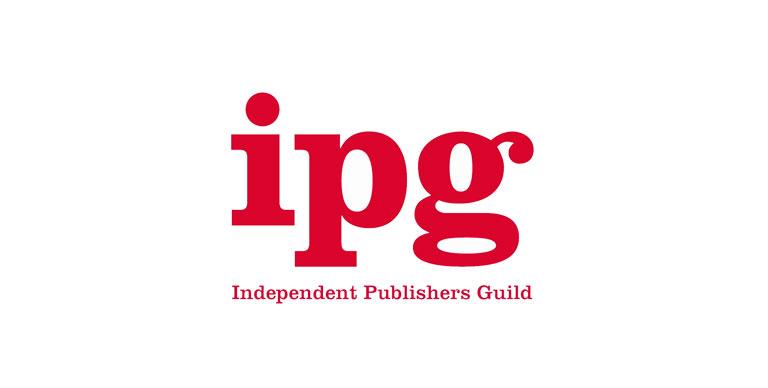EU guide for IPG members

Brexit created an unsurmountable obstacle for e-commerce sales in general to EU. The initial solutions suggested by global consultancies and even officials were unrealistic with cost and effort required. The reality came to be that publishers and book sellers had to stop selling to EU customers due to terrible customer experience. Regardless of their size and available resources. Therefore EAS have made this EU guide for IPG members.
Europe - a significant consumer market
There are several reasons why everyone should consider selling to the EU:
- Large consumer base: The EU and UK represent a significant consumer market, with a combined population of over 500 million people. This presents a huge opportunity for businesses looking to expand their customer base and increase their revenue.
- High purchasing power: The EU and UK are some of the wealthiest markets in the world, with high levels of disposable income. This means that consumers in these markets are willing to spend more on quality products and services, which can lead to higher profit margins for businesses.
- Ease of doing business: The EU and UK have well-established legal and regulatory frameworks that make it relatively easy for businesses to sell their products and services. This includes standardised tax and customs regulations, as well as consumer protection laws that ensure a level playing field for businesses of all sizes.
- Strong e-commerce infrastructure: The EU and UK have some of the most advanced e-commerce infrastructures in the world, with high levels of internet penetration and widespread use of online shopping platforms. This makes it easier for businesses to sell their products and services online, and to reach a wider audience.
Overall, selling to the EU and UK markets is highly beneficial for businesses looking to expand their customer base and increase their revenue. While there are some regulatory and logistical challenges to consider, the potential benefits make it worth exploring these markets further.
Distance sales to EU customers
Regulation is changing and tools are being developed, however. Despite what the HMRC recommends, you do have much cheaper options to selling to EU customers than via EU distributors or having a VAT registration and a warehouse in EU. Now you can also connect your EAS VAT account with HMRC.
Selling physical and digital goods to EU customers has been clarified and more importantly simplified significantly with the new EU regulation. VAT must be paid on all sales to EU customers according to the assumed country of consumption. There are 4 ways to handle sales from outside of EU to EU customers:
- The seller can collect VAT at checkout by registering to applicable VAT schemes. To take advantage of the new VAT regulation the seller must register for the IOSS for sale of physical books or non-Union for sale of digital goods. UK companies are required to have an IOSS Intermediary who will handle the registration, filing and in some instances the payment of VAT for IOSS. This is applicable for goods with VAT zero value below 150€ only. Using IOSS the delivery is faster cheaper and without unpleasant surprise fees on delivery. Non-Union has not value thresholds and is reported quarterly. Your compliance partner should be able to handle everything from registration to filing and payment.
- Second option is to arrange for a Delivered Duty Paid (DDP) with a courier as it does not exist throughout the postal world. You should collect VAT, duties and customs fees at checkout. Your logistics partner will invoice you for them, freeing your customer from additional payments or actions. DDP facilitates good customer experience, especially when combined with IOSS. DDP does come at a high cost and is suitable for higher value shipments generally.
- Third option is Delivered Duty Unpaid – which is simply poor customer service and is not recommended. Your logistics partner will invoice the customer on delivery for VAT, duties and customs fees. Slow, expensive and surprise costs.
- Selling via marketplace removes the VAT liability from merchant. Marketplace handles everything on their behalf, from calculation to reporting to payment. It tends to come at a high cost, however.
How to become EU VAT compliant?
To register for the IOSS, you will need to apply through an intermediary if you are a non-EU company. Non-EU companies can be registered for IOSS in any member state. Intermediary can file the monthly reports and pay VAT through the IOSS portal for non-EU companies.
Non-Union can also be handled by your compliance partner, although having a partner is not obligatory for this scheme. Reporting and payment are quarterly, making this the lighter version.
Just make sure your compliance partner helps you instead of making you jump through hoops for compliance. Automations are key.
EAS - your international book sales solution for tax automation and expertise
EAS specialises in tax compliance automations. Our goal is to make sure that you are completely compliant. While there are various ways to handle taxes and duties, EAS has an all-inclusive service to handle your European taxes what ever your operating model is.
EAS both expert in software and international indirect taxation, helping businesses manage their tax obligations in Europe. EAS provides services related to tax automations, tax registrations, calculations, reports, and filings in European countries.
EAS operates on a pay-as-you-go pricing model, which means that businesses only pay for the services they use. There are no monthly fees, minimum volumes, or registration fees for IOSS services. EAS dashboard provides extensive real-time information on sales and tax liabilities to all the serviced countries.
EAS automations are available on the most popular eCommerce platforms. Businesses can use EAS to manage their tax obligations across multiple platforms and channels.
Finally, EAS prides itself on its fast onboarding process. Onboarding with EAS takes just a few days. This means that businesses do not have to lose any sales days as they can start managing their European tax obligations quickly and efficiently.

